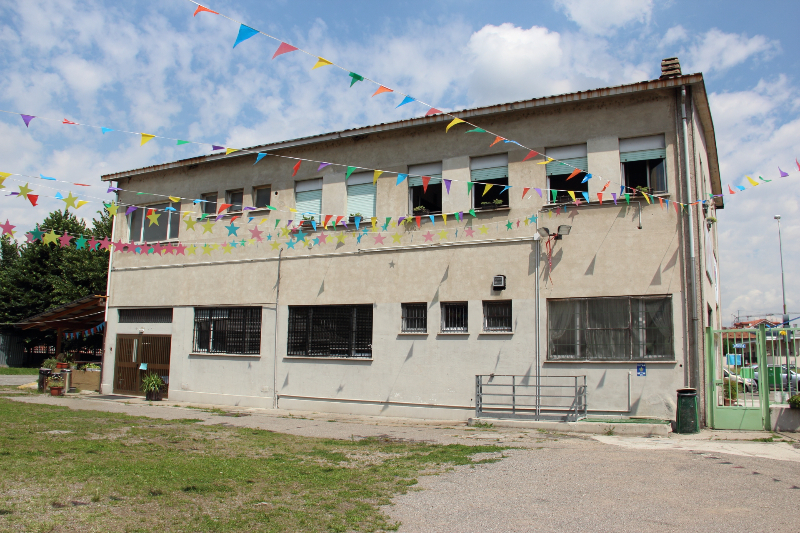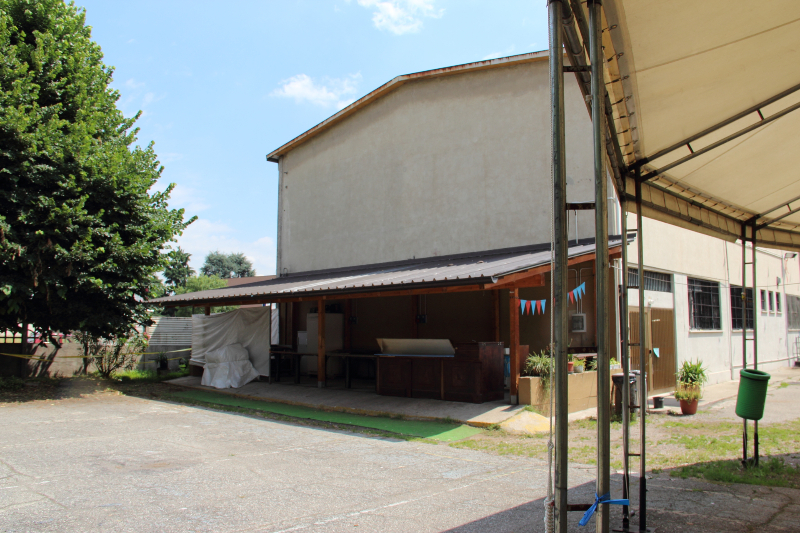Take a moment to consider that
If we can understand why these separate phenomena are present to be understood, we are able to recognize how important the direction of knowledge loss It’s about one-thousandth percent. Information, facts, data and knowledge are expanding exponentially. Psychology Replication Crisis. Thanks to internet of things, the Internet Of Things, more precise measurement tools, as well as on-line tracking technology, the volume of information we have about ourselves and our planet is increasing.1 If you had a degree in the field of psychology in the year 2010 you’d be exposed to the top 100 research studies. In the end, scientists are able to access more data to determine scientific data. The year 2015 saw researchers tried to replicate the results of those studies but only a fraction of the participants achieved similar results!1
Smoking. The instruments of science will be subject to Moore’s Law. It wasn’t that long ago that the top tobacco dealers included dentists, doctors, and nurses. With better tools, science is advancing quicker.
This ad from the past is absurd enough to be unconstitutional in the current world. Researchers across the world is rapidly growing.1 Diet. Ninety percent of all scientists who ever existed are still alive today. Back in the 80s, bacon, eggs, and butter were thought to be three of the worst food items you could eat to protect your heart. The number of people generating and sharing their ideas is growing exponentially.
Nowadays, many believe that they’re good for you.1 In the past the most influential people to create ideas were intellectuals, scientists and thought-leaders. in the 70s an explosion of research that focused on the half-life of information was carried out by researchers in the field of information science. Since the rise of social media many people are creating regularly and sharing the lessons they have learned.1 The majority of the studies measured the speed of decay by determining how long it takes the citation process of an average paper to come to an end. We are able to do extremely more complex calculations. By using their method of measuring decay, researchers identified these decay rate rates Due to Moore’s Law, the calculations per second that we accomplish is increasing.1 Take a moment to consider that the basic sciences of chemistry, medicine and psychology are slow to move compared to new and rapid-moving professional fields that are essential to our times: Each new advance in computing lets us comprehend the complexity of our world on a more profound level and solve entire kinds of issues that were before unsolvable.1
Artificial Intelligence App development Social media management, driverless cars engineering Cloud computing Large data YouTube Content creation and creation of online courses. We’re losing what we have learned. These professions didn’t exist fifteen years ago.
Then, we get an indicator called the Forgetting Curve, which shows that we humans are able to forget every thing we’re exposed to with time, and without reinforcement.1 My personal experience proves this… The bottom line is that learning in today’s world of information will be almost like trying pull out the water from a leaking boat. When I was in 1998, I founded an enterprise for web development.
We’ve all this knowledge and it’s rapidly disappearing from our minds.1 Today, a lot of websites are built using the programming languages and tools which were simply not available in the past 20 years. In addition, to make things worse, we don’t be aware of when a piece of information expires. At the time, I developed and tested websites on desktop computers. It’s not like we receive an email letting us know: "Hey, that thing you read about in the past three years?1 This isn’t true anymore." Nowadays we have tablets and smartphones. The final consequence is that we are operating in a false way and don’t see any results.
When I was in the business school undergrad and also took classes in entrepreneurship I was taught to put in hundreds of hours creating detailed, well studied business plans.1 In the end, we must go back and investigate what outdated information and abilities could be behind the low results. Today, entrepreneurs are instructed not to create business plans but rather focus on communicating with their customers and utilizing the lean startup model. "The 10,000 Hour Rule shows us that it takes a huge amount of effort and time to be a world-class expert in anything.1
In the past, online writing was a complement to newspaper and magazine articles. The half-life of the facts reveals that it takes a huge amount of discipline to remain excellent in a continuously evolving field. Nowadays, it’s reversed. In some ways, the process of learning is similar to lifting weights.1 And the knowledge required for an author on the internet (for those who read on a mobile device after they’ve seen your article through social media) is totally different from writing for a devoted readership that has subscribed to your newsletter.
It takes a lot effort to build up muscles. It’s likely that you’ve encountered similar experiences in your field.1 We must be working hard (all regardless of how easy) to keep the muscles in. The Harvard Business Review article brings this subject into sharper focus by stating that the abilities learned in college are useful for just five years . The great thing is that various bodies of knowledge are degraded at different rates.1 The solution isn’t avoid education.
Additionally, there are highly useful bodies of knowledge that are still relevant or get more important in time. In fact, the same article states: That’s why I founded The Mental Model Of The Month Club and invest a good chunk of time every weekly studying beneficial general mental models which don’t become outdated for long periods of time. "According to our study of the data provided by the Department of Labor and the Bureau of Labor Statistics … 28 percent of the most promising jobs will require "considerable and extensive pre-requisites.’"

















